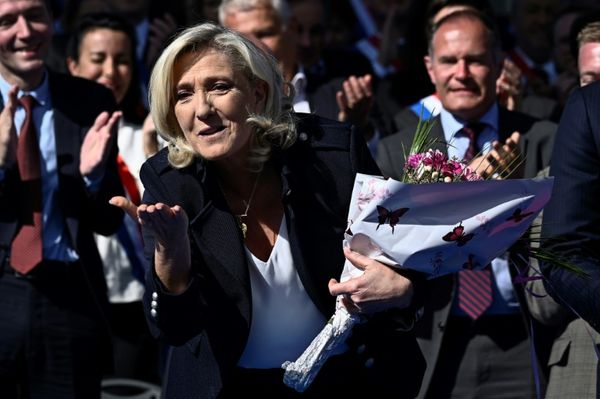WASHINGTON — The Department of Justice urged the Supreme Court in a filing Tuesday not to weigh in on an ongoing fight with former President Donald Trump over classified documents, arguing that Trump “has not even attempted to explain” how he is harmed by an appellate court decision not to allow a special master to review classified documents found at his Mar-a-Lago estate.
Last week, Trump asked the Supreme Court to decide if a special master should be allowed to examine roughly 100 classified records found during the court-approved search of his Florida home in early August. The Justice Department is investigating alleged retention of classified information, theft of government documents and obstruction of justice.
In their petition to the Supreme Court, Trump’s attorneys wrote that “any limit on the comprehensive and transparent review of materials seized in the extraordinary raid of a President’s home erodes public confidence in our system of justice.”
The request asks the Supreme Court to overrule a unanimous decision by a three-judge panel of the U.S. Court of Appeals for the 11th Circuit, which granted the Justice Department’s request to keep the classified records separate from the outside expert’s review of about 200,000 pages of documents the FBI seized in the search. The panel rejected Trump’s argument that the classified documents might be his property, not the government’s, saying it did not see a reason why Trump “would have an individual interest in or need for any of the one hundred documents with classification markings.”
The 11th Circuit also overruled a lower court decision and allowed the Justice Department to use the seized classified documents in its ongoing criminal investigation while the special master conducts his review. Trump did not ask the Supreme Court to weigh in on that part of the panel’s decision, but the Supreme Court could choose to do so.
U.S. District Judge Aileen Cannon named Raymond Dearie, a senior judge of the U.S. District Court for the Eastern District of New York, special master and tasked him with evaluating which materials might be protected from the Justice Department investigation by claims of attorney-client or executive privilege. The review is expected to take months to complete.
The Justice Department has also appealed to the 11th Circuit the appointment of a special master, saying the process is not necessary, in part because officials had already completed a review of documents potentially subject to attorney-client privilege and set them aside. It has also argued that a special master should not be tasked with resolving claims of executive privilege.







